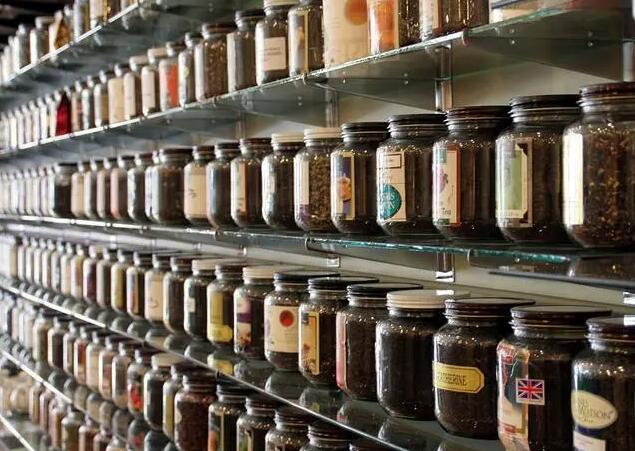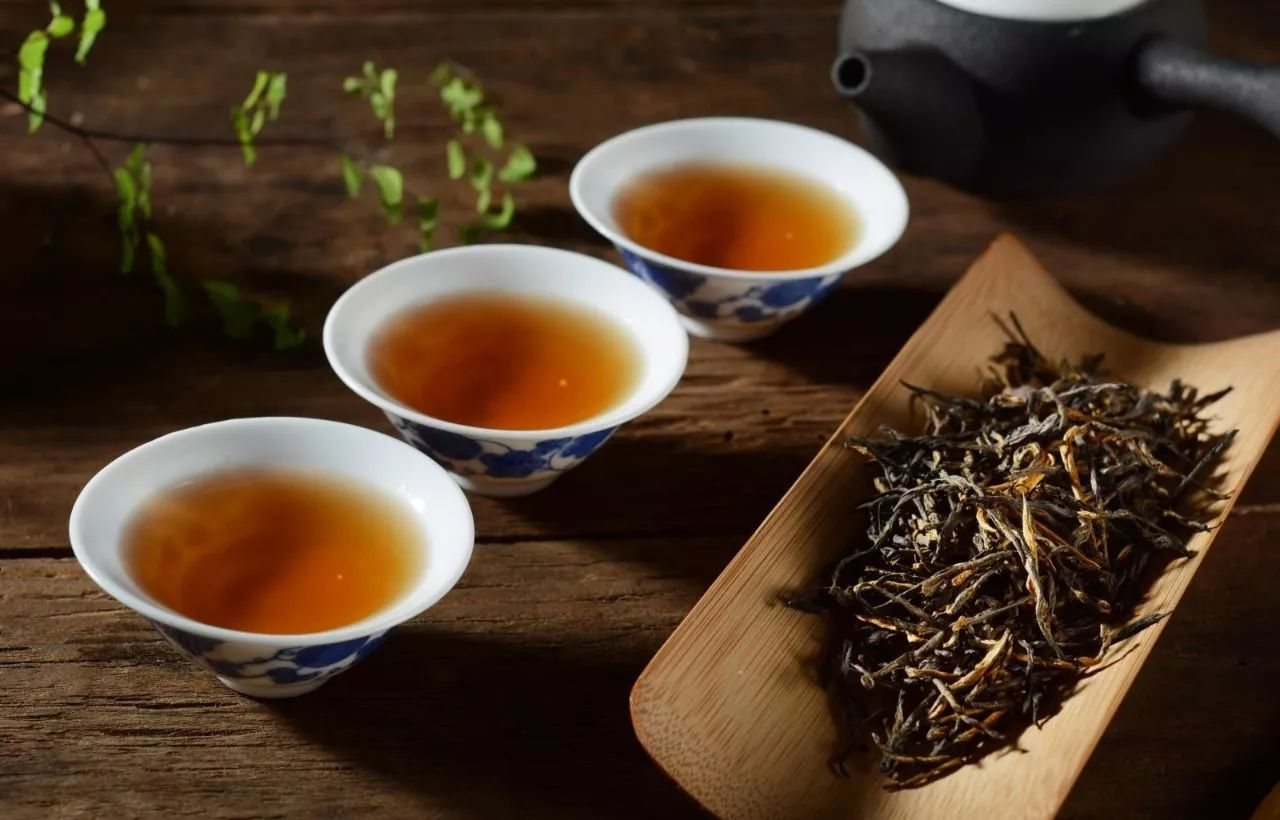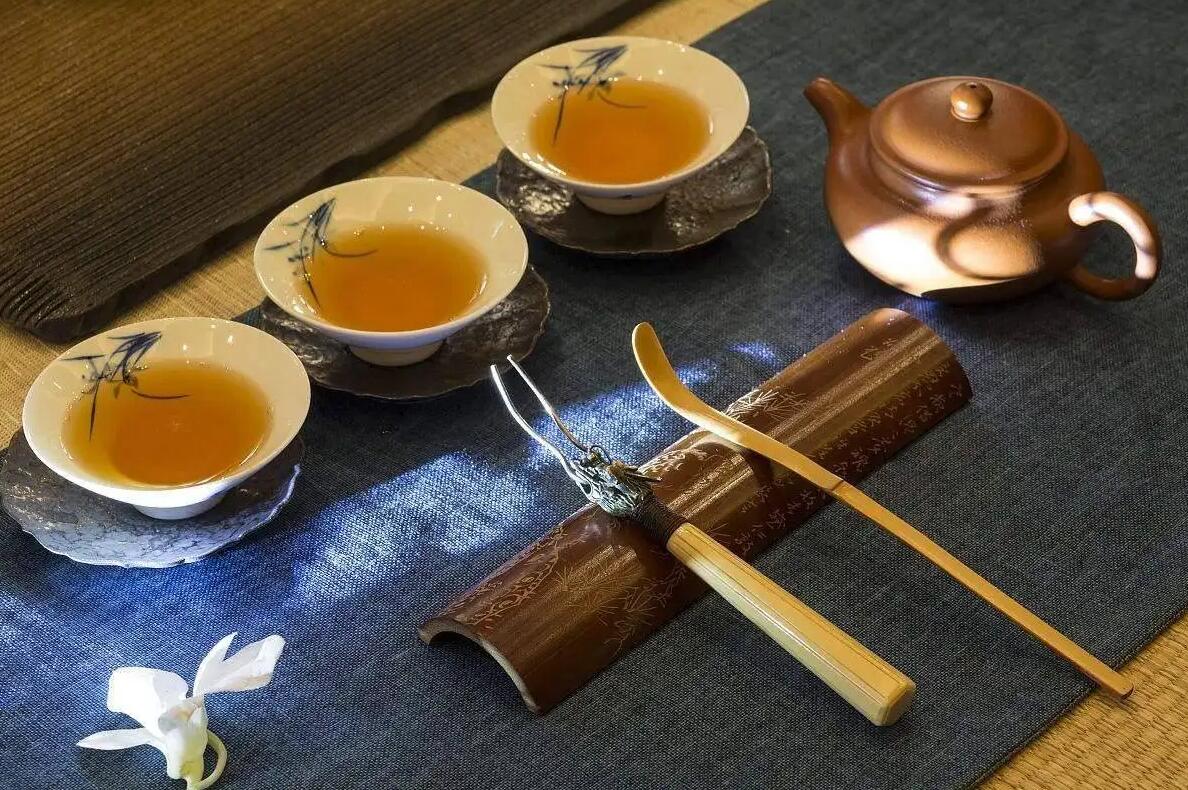Essential doctrine
This is the point where the water and the tea meets for the first time and also the most critical step in the brewing process. Tea plants grow from earth and tea leaves are nourished by water. For a leaf to grow into real tea, it will have to be immersed and nourished by water, otherwise it will remain a leaf that lacks spirituality. The making of a nice cup of tea is not just a piece of cake. Different tea leaves, different water temperature and different time span will all make a difference. Temperature control plays an important role in bringing out the aroma and flavor of tea. High temperature is good for dissipating the tea's aroma for the rapid extraction of the tea's essence, but it can also easily extract the bitterness and scald tender buds. With relatively tender teas, such as high-grade green tea, the right brewing temperature is usually around 80℃. Excessively hot water can impair the vitamin C of the tea and cause the caffeine to dissolve, thus causing the tea to turn yellow and bitter. The right water temperature for making white tea should be around 90℃; for making yellow tea, 70-90℃ ; and for Pu'er tea and black tea, around 100℃ . Therefore, steeping time is closely related to amount of tea leaves used, water temperature, tea type, preference of the drinker and other factors, Without drive and commitment, it is impossible to cultivate character or accomplish something great, Through cultivation, the host undergoes the transition from entree to Tao through tea to cultivation of the heart to accomplish the Tao as he or she waits patiently for the tea leaves to slowly release their nutrients into the water.
Soup for the Soul
In winter, when snowflakes whirl around and piercing winds blow, the earth is all peace and quiet and everything seems to be asleep. However, beneath that expanse of white, there lurk breaths of life. Winter is the season of nurturing, a season that breeds hope. Winter is a teeing season one filled with new life. Winter is a season on of preparation, when the earth and everything on earth is preparing in the chill of frosty winds for the coming of spring and when everyone is full of expectations. Winter is seemingly lifeless, but actually pregnant with vitality; it appears to be doing nothing, but is actually building up energy for the coming season. Without winter^ breeding preparatory spring's brilliance and beauty would be impossible. Cultivation is the process of organically merging the tea and the boiling water, marking a transition from quantitative change to qualitative change. As the tea ingredients slowly release themselves in the water, the tea maker's patience will be paid off by the time a cup of tea with nice color, aroma and taste is ready. Cultivating, therefore, is not a stagnant, but rather a brewing, breeding, transitioning and upgrading process. Put more succinctly, ft is a two-part process of conservation and transformation, When caught up in a predicament with no immediate hope of escape, we may as well collect ourselves, build up grab the right opportunity that comes along and pull through to success. By contrast, those who let themselves be carried away by the tides and keep complaining are doomed to go up and down with the billows of fate until they get pooped. Chadao founder Lu Yu is a great case in point A bachelor for life who chose not to go after things of the world, he devoted his life to tea and wrote an exceptional book called the Canon of tea. When done with his first draft, Lu Yu was reasonably happy and complacent. later on, after being prompted and censured by his friend Jiao Ran, he calmed down and spent the next two decades or more revising, amending and finally completing the classic. Had he not planted tea in the hills, familiarized himself with the tastes of tea, brewed tea and studied all aspects of Chadao, it would have been impossible for him to complete die great encyclopedia titled the Canon of Tea.



